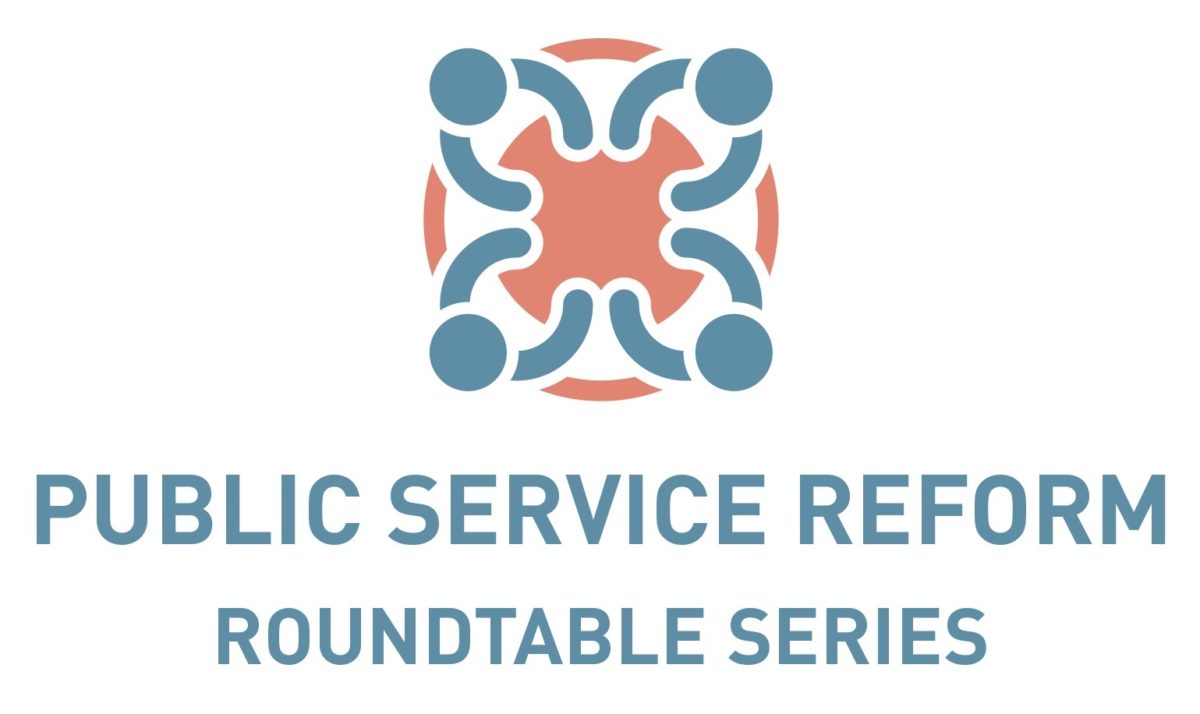Third in the Public Service Reform Roundtable Series, which probes what should happen in the years following the decade of state capture, the former Chief Procurement Officer at National Treasury, Kenneth Brown, questioned why the 2016 Public Procurement Bill had still not been passed.
Brown said the draft legislation sought to beef up and make more transparent the way that the state purchases goods and services worth an estimated R800 billion a year. PARI has studied state procurement for a number of years and has identified procurement as one area for reform. This is as South Africa ponders the idea of #AfterCapture — a campaign to highlight what state reforms are necessary to build a robust and progressive state impenetrable to forces of capture.
Brown questioned why there had been no movement on the draft law which legislated the power to disbar providers, and to remove them from the centralised procurement database. It would be a muscular piece of law that would help ensure the public procurement budget is well-spent. “There must be transparency in the system. Everyone, everywhere should be able to see and track procurement,” he said.
Brown added that “Procurement is not a complicated thing: it is to design a system that delivers goods and services efficiently. You don’t need a PhD in purchasing.”
Value for money was an important imperative in state procurement. Brown cited an example of a Treasury official in his office who had found that he could buy a piece of equipment at Makro for between R6000 and R7000 but which the state database had marked up at a price of R30 000.
“Procurement risks becoming a tick-box exercise,” said Brown. The activist former state procurement boss said he and his team had interviewed construction companies as they designed systems to procure on huge infrastructure projects. They had told them how leakage happened in public procurement and of how they were making stratospheric profits.
He cited an example: an 85-kilometre pipeline should have cost R500 million but ended up costing R2 billion. This meant the design bill on it was R200 million instead of R50 million. Backlogs and budget overruns in infrastructure were factors in the collapse of provincial governments. Brown said that civil society needed to continue to keep a laser-like focus on procurement. “The Guptas are gone. But there are a lot of other Guptas in the system.”
A representative from the Auditor General’s office which audits at the end of the procurement chain said they had established five worrying trends. There was no planning and demand management; there was overcharging; there were losses and an increase in fruitless and wasteful expenditure; and a supplier database that often included suppliers who could not deliver.
The Auditor General’s representative said that a Public Audit Act, which is now open for comment, would make the Auditor General’s decisions binding and would provide for the issuance of a certificate of debt to accounting officers, to improve accountability.
NEXT UP:
Improving HR and Recruitment Processes
09 July 2018, 17h00, Humanities Graduate Centre, Wits University
with Minister Ayanda Dlodlo, Public Service and Administration
and Dr. Trish Hanekom, Governance and Accountability Expert and Member of the Ministerial Committee that created the National School of Government.


